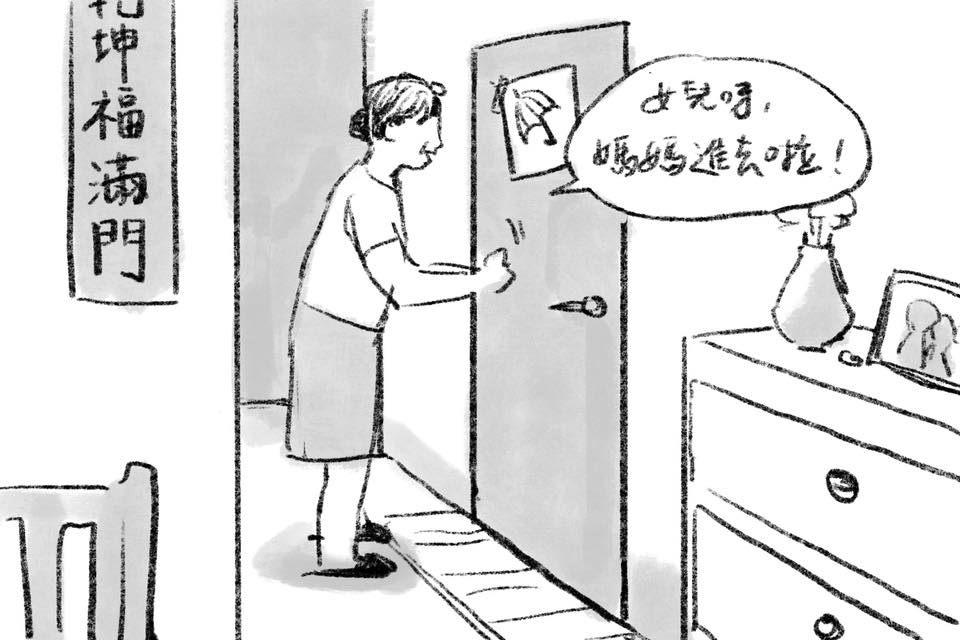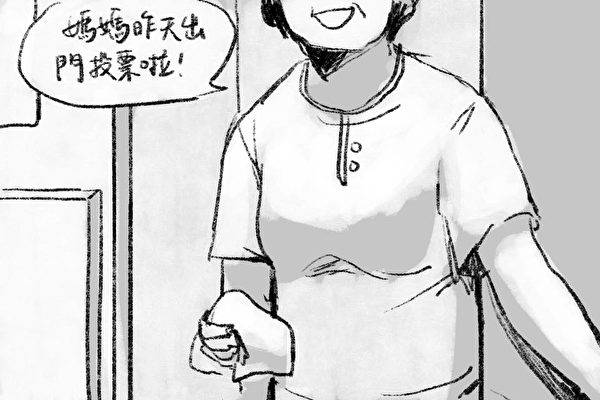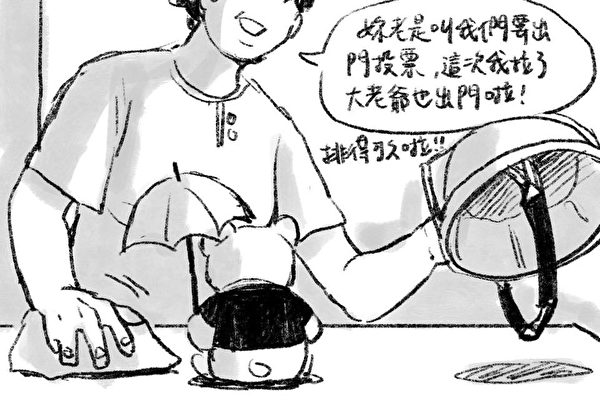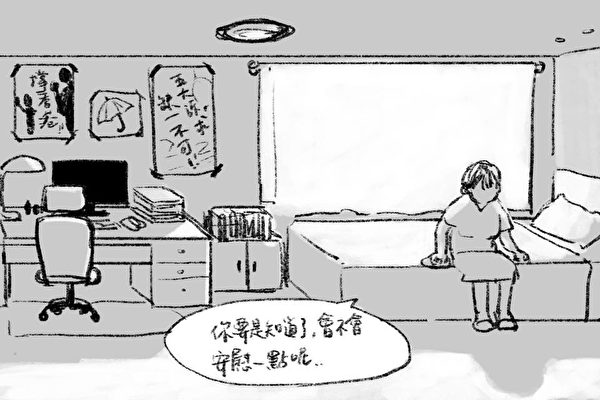On December 6, Epoch Times’ YouTube Channel “Crossroads of the World” had a discussion on companies in China that are defaulting on their debt.
Host Tang Hao listed the following recent default cases in China:
- October 24, Xiwang Group Company Limited, China’s largest corn oil producer, was unable to pay back its 1 billion yuan (US $140 million) short-term bond.
- November 11, Guirenniao, a Chinese sneaker company could not pay its 500 million yuan bond.
- November 19, Dongxu Optoelectronic Technology Co Ltd, China’s largest LCD glass substrate manufacturer, couldn’t pay its 2 billion yuan debt.
- November 27, Xiwang Group couldn’t pay another debt of 861 million yuan.
- December 2, The Beijing University Founder Group, the largest college-owned enterprise in China, defaulted on a 2 billion short-term bond. The company had 370 billion yuan in assets.
- December 3, Guirenniao defaulted again, on a 647 million yuan debt.
Tang Hao gave three reasons for these defaults: One, many companies followed the government to take on excessive debts to seek high-expansion. Two, the trade war with the U.S. hurt China’s economy. Three, the owners of the companies, who have low moral values, do not feel any social obligation to pay back their company’s loans. They may just spend the money lavishly or put the borrowed money into their own pockets.
As a result, companies’ credit problems have also dragged down the banks:
- In May, Baoshang Bank Co., Ltd. had a severe credit risk and the People’s Bank of China and the Banking Regulatory Commission took it over.
- In July, the Bank of Jinzhou had a high cash risk and the Industrial and Commercial Bank of China had to infuse it with money.
- In August, Hengfeng Bank in Shandong Province had a cash crisis and the Shandong government took it over.
- In October, Yichuan Rural Commercial Bank in Luoyang City, Henan Province suffered a bank run that lasted three days.
- In November, Yingkou Coastal Bank in Liaoning Province suffered a bank run.
- In November, the government took over Harbin Bank in Heilongjiang Province.
Source: YouTube, December 6, 2019





